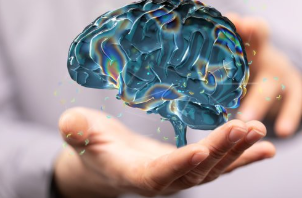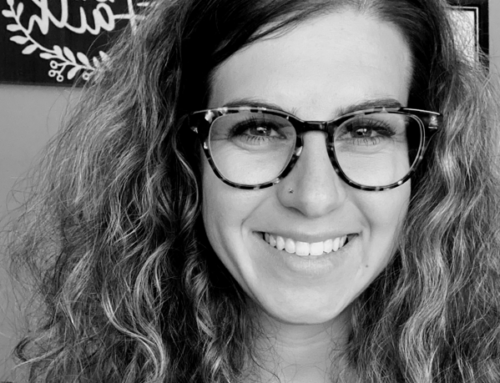Each year as Alcohol Awareness Month returns, it’s an important time to remember that alcohol remains the leading killer in the U.S., according to the Center for Disease Control (CDC). In fact, it’s been that way for four generations.
For the Baby Boomers (ages 59–77), the average age at which alcohol was frequently consumed was 19. For Generation X (ages 43–58) and Millennials (ages 27–42), that age rises to 22, according to data obtained from the Substance Abuse and Mental Health Services Administration (SAMHSA). For Gen Z (ages 11-26) the COVID-19 has impacted their coming of age, and their drinking habits.
Millennials are less likely to drink than Gen Xers or Boomers. Nielsen research found that only 53% of Millennials said they consumed alcohol in the last month, compared to 65% of Gen Xers and 72% of Boomers. However, Millennials are more likely to drink liquor than their parents and grandparents did.
The Collage Group collected data on the changing alcohol landscape. The results showed that Millennials drink more alcohol – specifically, liquor – than both their parents and grandparents. Millennials also show more of an affinity for wine at an earlier age.
Meanwhile Gen Zers, or Zennials, spend less money on alcohol than any generation before them. A Gallup Poll found that Zennials spent 40% less on alcohol in 2021, and made 5 fewer trips to the liquor store. Their tastes have also changed from previous generations, preferring flavored malt beverages over liquor, beer or wine.

Millennials and Gen Z Drinking Trends
Why do people drink alcohol? Millennials and Zennials drink for special occasions and to feel comfortable around people. For Gen X and the Boomers, they’re drinking mostly to relax, according to the Collage Group:

Signs of Alcoholism
While not everyone who drinks abuses alcohol, it’s important to remember that alcohol can be an addictive substance when one over consumes it. SAMHSA defines binge drinking as over four drinks for women and over five drinks for men within two hours. Heavy alcohol use is defined as drinking more than the recommended limit for over five days per month.
Signs of alcoholism include:
• Decreased involvement in extracurricular activities
• Loss of interest in work or school
• Depression
• Lack of interest in family or friends
• Preoccupation with drinking
• Restlessness
• Inability to control drinking
• Erratic behavior
• Violent behavior
If you’re someone who enjoys having an alcoholic beverage to wind down after work, you’re low-risk. For others who feel that alcohol is taking over their lives and ability to function the way they used to, there are many treatment options available – including the New England Recovery Center.
To inquire about treatment options for yourself or a loved one, call us anytime at 844-228-6372 or reach out to us here.










